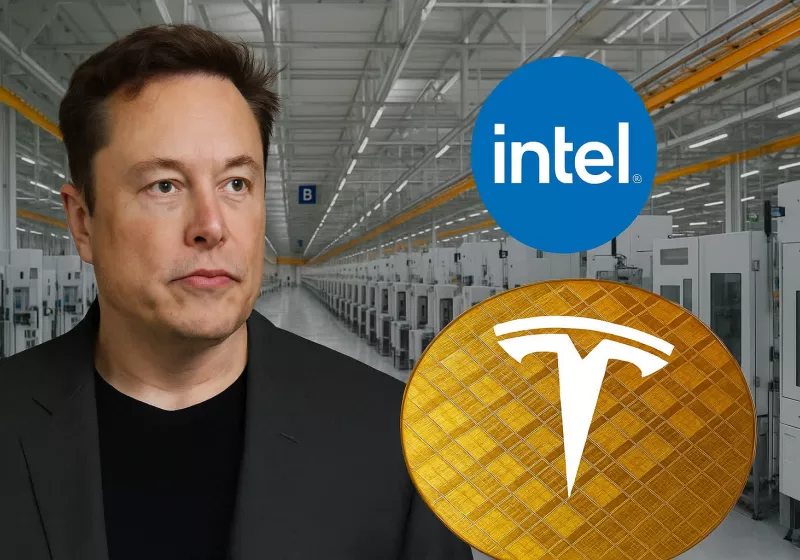
Follow ZDNET: Add us as a preferred source on Google.
ZDNET's key takeaways
- Numerous studies show most businesses don't see ROI with AI.
- Those that do prioritize long-term stability, Cisco says.
- "Pacesetters" emphasize trust and treat AI like an OS.
We're currently living through a paradoxical moment. Businesses are embracing AI, yet very few of them, it seems, are deriving much benefit from the technology. What are those select few doing right?
Also: I unleashed Copilot on my Microsoft and Google accounts - here's what happened
This is the question telecommunications company Cisco set out to answer in its third annual "AI Ready Index," published Tuesday. Following a survey of more than 8,000 business leaders, all of whom are charged with overseeing their organizations' internal AI efforts across twenty-six countries, the Index sought to identify the factors leading to success in the early days of the AI boom -- and, in turn, those causing the vast majority of businesses to remain stagnant.
The ROI battle
Many businesses have had to learn in recent years that adopting AI to automate certain organizational tasks or employees' day-to-day workflows won't necessarily translate to financial gain. The technology may make workers more productive in some respects, but it also presents a whole host of risks -- some of them involving cybersecurity, some of them legal, some of them psychological. In some cases, AI actually creates more work for supervisors.
Also: AI use is up, but organizations still aren't seeing gains, Atlassian study finds
There's now a growing pile of evidence that most businesses -- almost all of them, in fact -- have been struggling to achieve meaningful ROI through their internal AI efforts. Most infamously, a MIT study published in August found that 95% of businesses' AI initiatives have essentially gone nowhere, while a recent study from Atlassian showed that even more (96%) "have not seen dramatic improvements in organizational efficiency, innovation, or work quality" from AI, despite the fact that the technology is being used by more individual workers than ever.
The 'Pacesetters' difference
The MIT and Atlassian studies offer some theories to explain why so few enterprises have successfully profited from their AI initiatives. Cisco does the same by highlighting a small minority of what it calls "Pacesetters" that have been using AI successfully and confidently. Pacesetters have consistently represented about 13% to 14% of the businesses that have been surveyed for each of the company's Indexes over the past three years.
Cisco's description of a Pacesetter is reminiscent of that of a sharp-eyed investor, someone who is able to forgo instant gratification in order to patiently build out the habits and technological support that will sustain long-term growth.
Also: Your colleagues are sick of your AI workslop
These comparatively successful outliers "adopt a disciplined, system-level approach that balances strategy, infrastructure, data, governance, people and culture," Cisco wrote in its full report. "They plan ahead, invest early, and embed AI into the core of how they operate to help them keep pace with AI's accelerating evolution and deliver lasting value."
Pacesetters treat AI as more of a new operating system for their organizations rather than merely a new device to be added to employees' technological arsenals. It's not a hammer -- instead, it's a new set of blueprints that will redefine the business' digital ecosystem.
That implies a level of heightened ambition, which, according to Cisco, requires a great deal of patience, attention to detail, and creativity.
Also: AI is making cybercriminal workflows more efficient too, OpenAI finds
Almost all Pacesetters (99%), for example, have developed what Cisco describes as an "AI roadmap" to guide their internal use of the technology over time, compared to just over half (58%) of all other businesses that were surveyed. Additionally, 87% of Pacesetters said they're "highly aware of AI-specific threats" to their organizations' cybersecurity (compared to 42% of other respondents), while 75% said they're "fully equipped to control and secure AI agents" (compared to 32%).
Trust in their internal AI tools "is part of the Pacesetters' value equation," Cisco wrote in a press release published Tuesday.
Want more stories about AI? Sign up for AI Leaderboard, our weekly newsletter.
On that note, a study published in September by data analytics company Statistical Analysis System (SAS) and the International Data Corporation (IDC) found that one of the key factors inhibiting companies from achieving ROI from their internal AI initiatives was a lack of trust in the technology itself.
Implementing AI successfully also requires a willingness to focus on automating some of the more mundane aspects of running a business. Investing in an AI-powered customer service tool might be less headline-grabbing than, say, launching a full-blown video ad generated by Sora, but it will probably deliver more value over the long run.
Also: Even the best AI agents are thwarted by this protocol - what can be done
That conclusion is supported by recent data from market research firm Forrester, which indicates that the most fruitful business applications of AI will be those that operate behind the scenes. A new list from venture capital firm Andreessen Horowitz (a16z) highlighted the top 50 AI startups that enterprise customers are currently investing in, many of which are relatively unknown companies offering niche automation services.

 3 weeks ago
31
3 weeks ago
31







![Pluribus' The Joining explained: what is it, why is Carol [spoiler], and more on the Apple TV show's big mystery](https://cdn.mos.cms.futurecdn.net/34A23VuGy2GtmCGsE6orAS-1200-80.jpg)
 English (US) ·
English (US) ·